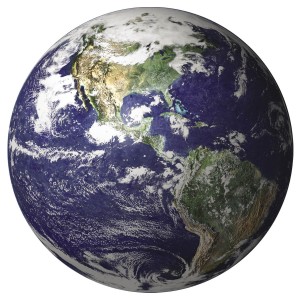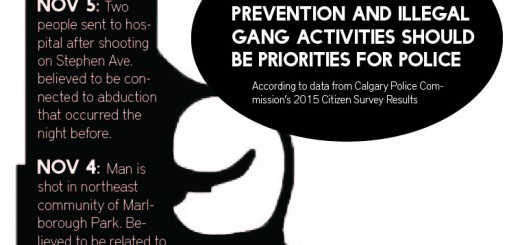MRU hosts conference to discuss Earth’s future
Under Western Skies devoted to environmental impact of humanity
Janeska Leiva-Sandino
Contributor
Being “green” is nothing new to students at Mount Royal University, who are consistently exposed to the environmental debate in the media as well as in the classroom, but the question is, are they listening?
From Oct.10 to 13, Mount Royal hosted the second biennial Under Western Skies conference series. The conference is dedicated to bringing together artists, academics, and activists from all over North America to discuss the impact humanity has on the environment.
In the seminar, “Green Earth – The Wounded Healer,” award-winning Canadian poet, Louise B. Halfe said: “The human footprint is massive, and the Earth can no longer sustain us.”
With the population on our Earth growing exponentially every year, there is no time to sit back and watch it suffer the consequences. Environmental issues are no longer something we need only to become aware of; that point has already passed. Instead it is something that needs to be acted on, and it needs to happen now.
The conference offered a proposal on how to do it. As those leading the future generations to come, it is necessary for Mount Royal University students to create that movement.
The heart of the conference rested on the passion and dedication brought forth from all different kinds of thinkers, as well as the ideas they presented at panels that lead towards creating a movement.
Over the span of four days, keynote speakers included Halfe; environmental researcher Scott Denning; Canadian environmental journalist Alanna Mitchell; ethnobotanist and author Gary Paul Nabhan; writer, director, producer Tom Radford; and Chair of American History at University of Kansas Donald Worster.
Presenters also included a large number of Mount Royal professors, who spoke about the issues concerning the impact humanity is having on the environment in relation to their areas of academia, including English professor Ivan Grabovac, in a session titled “Petro-Culture, Petro Nations,” and his colleague Michael Truscello in “Industrial Landscapes and Representation.”
It doesn’t take a scientist to explain how humanity is wounding nature; any one can see how we are invading environmental spaces.
It does, however, require a necessary commitment towards saving the Earth in unique, individual ways.
By coming together as a community from such expandable spheres of knowledge, students can create a change that speaks to the public through different perspectives: arts, business, sciences and any other branch of knowledge.
Under Western Skies 2 provided the ideas and the understanding; all that’s left to do is to turn those ideas into something concrete, and that starts here with the students.




